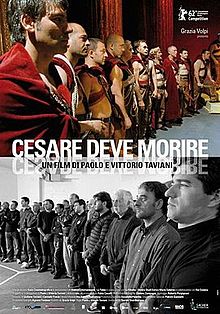 Cinema Italian Style 2012, showcasing classic Italian films and contemporary productions, starts Tuesday at the Egyptian Theatre in Hollywood.
Cinema Italian Style 2012, showcasing classic Italian films and contemporary productions, starts Tuesday at the Egyptian Theatre in Hollywood.
Playing Tuesday night is “Two Women” (1960, Vittorio De Sica) starring Sophia Loren. The legendary Italian actress won a Best Actress Oscar for her work – the first awarded for a non-English performance. The screening is dedicated to Loren’s husband, producer Carlo Ponti (1912-2007).
On Wednesday, I look forward to seeing Italy’s official entry for the 2012 Best Foreign Language Film Oscar: “Caesar Must Die,” a drama about inmates in an Italian prison who are staging Shakespeare’s “Julius Caesar.”
Also that night, the directors of “Caesar Must Die,” Paolo and Vittorio Taviani, will receive this year’s Cinema Italian Style Award. I’ll be attending with my documentary filmmaker friend Michael Reano, who is visiting from Minneapolis, and it should be a great time. “Caesar Must Die” has been generating much buzz; the film won the Golden Bear at 2012 Berlin International Film Festival.
The style prize is awarded to a person who has promoted exchange between the Italian and international film industry. Previous recipients include George Clooney, Penelope Cruz, Terry Gilliam, Vittorio Storaro, Milena Canonero, John Turturro and Douglas Kirkland.
In addition to the Taviani brothers, several Italian filmmakers and stars will attend screenings at this year’s festival: Ivan Cotroneo, Michele Riondino, Carolina Crescentini, Claudia Potenza and Andrea Bosca.
Cinema Italian Style runs Nov. 13-18 at the Egyptian and Aero Theatres. There is also a special documentary night at the Italian Cultural Institute in Los Angeles. (All films in Italian with English subtitles.)





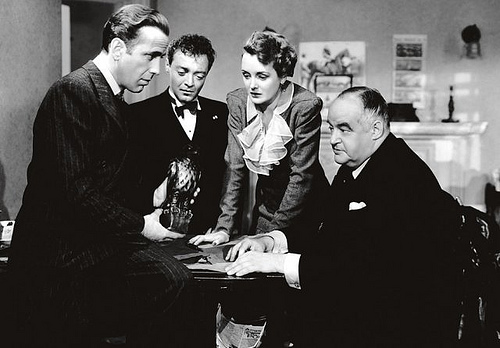
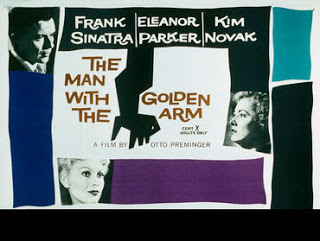
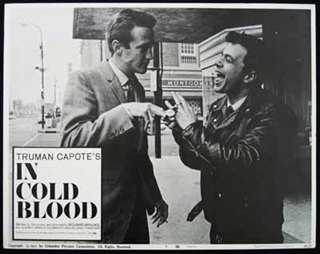
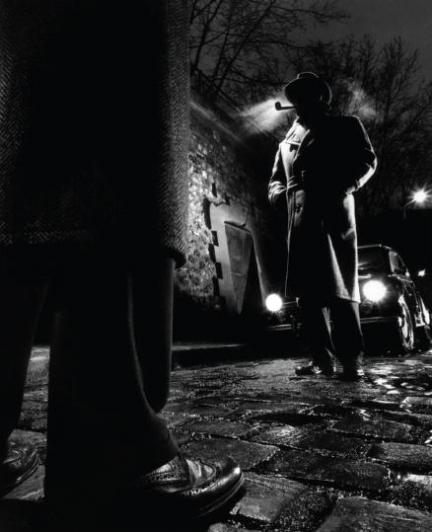
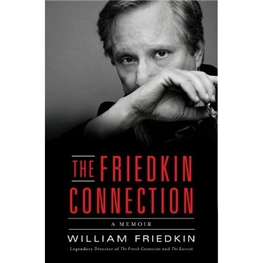
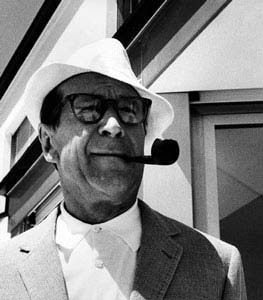
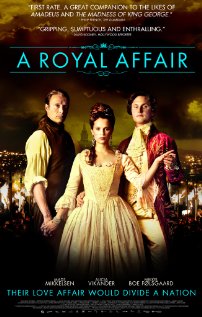

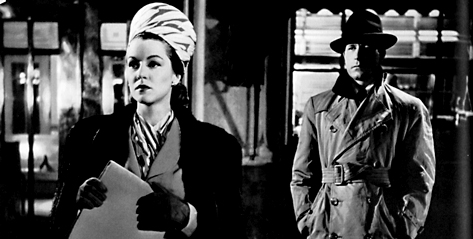
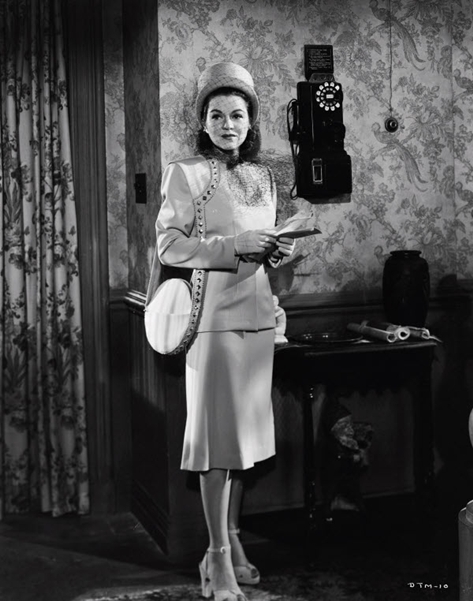
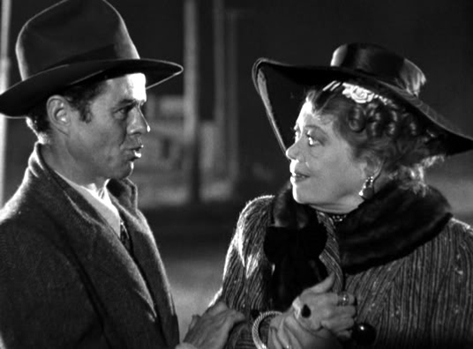
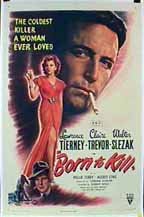
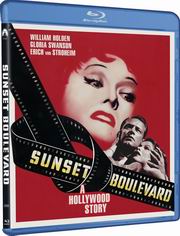
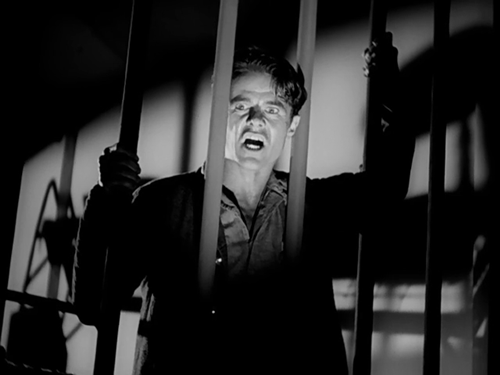
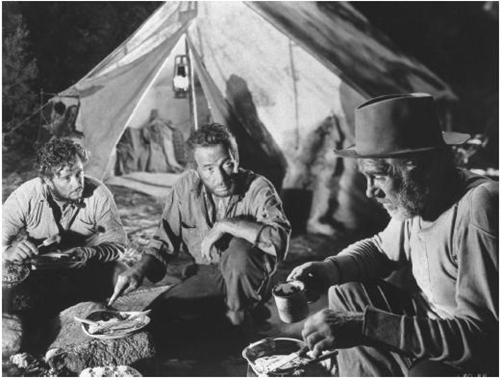








From FNB readers